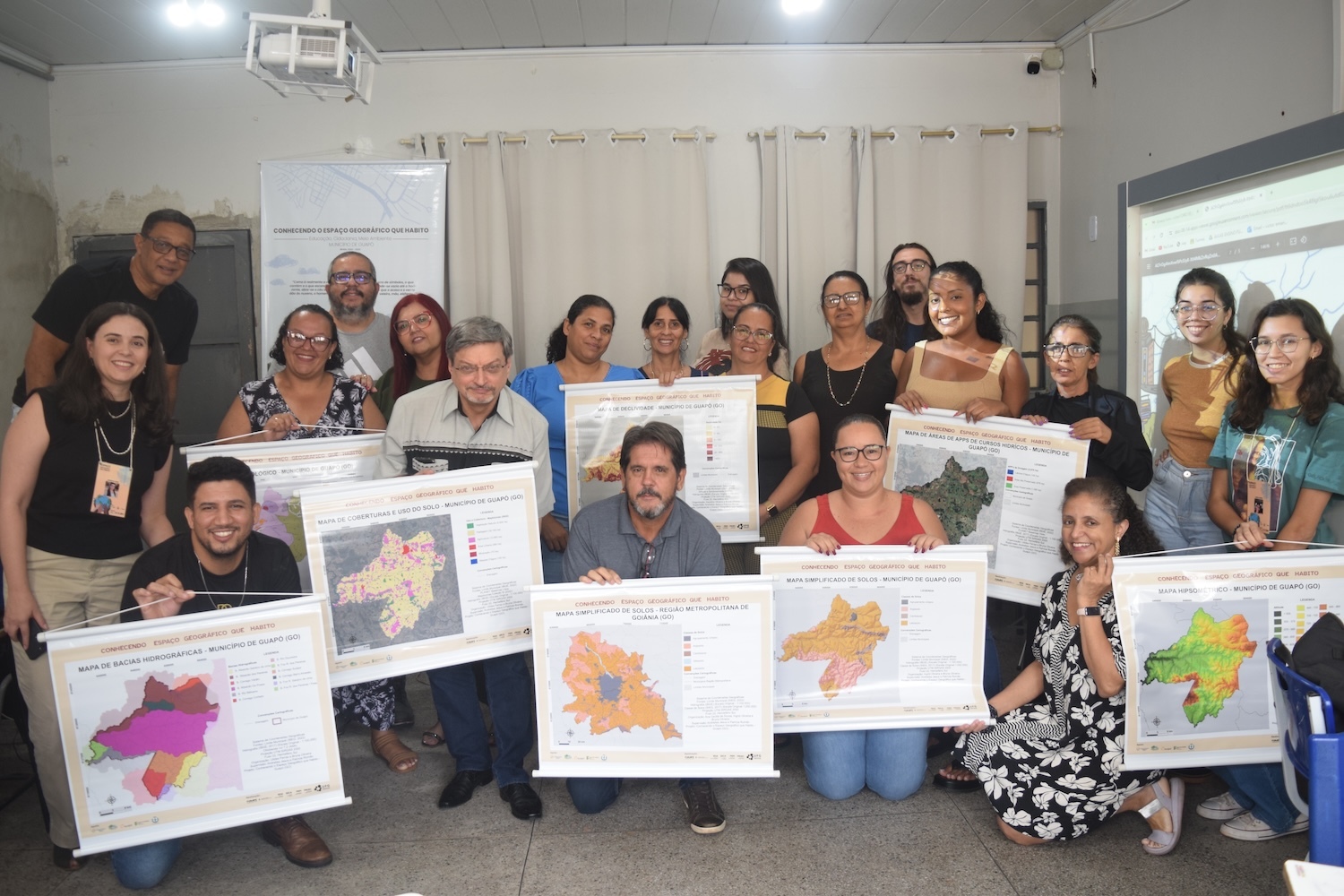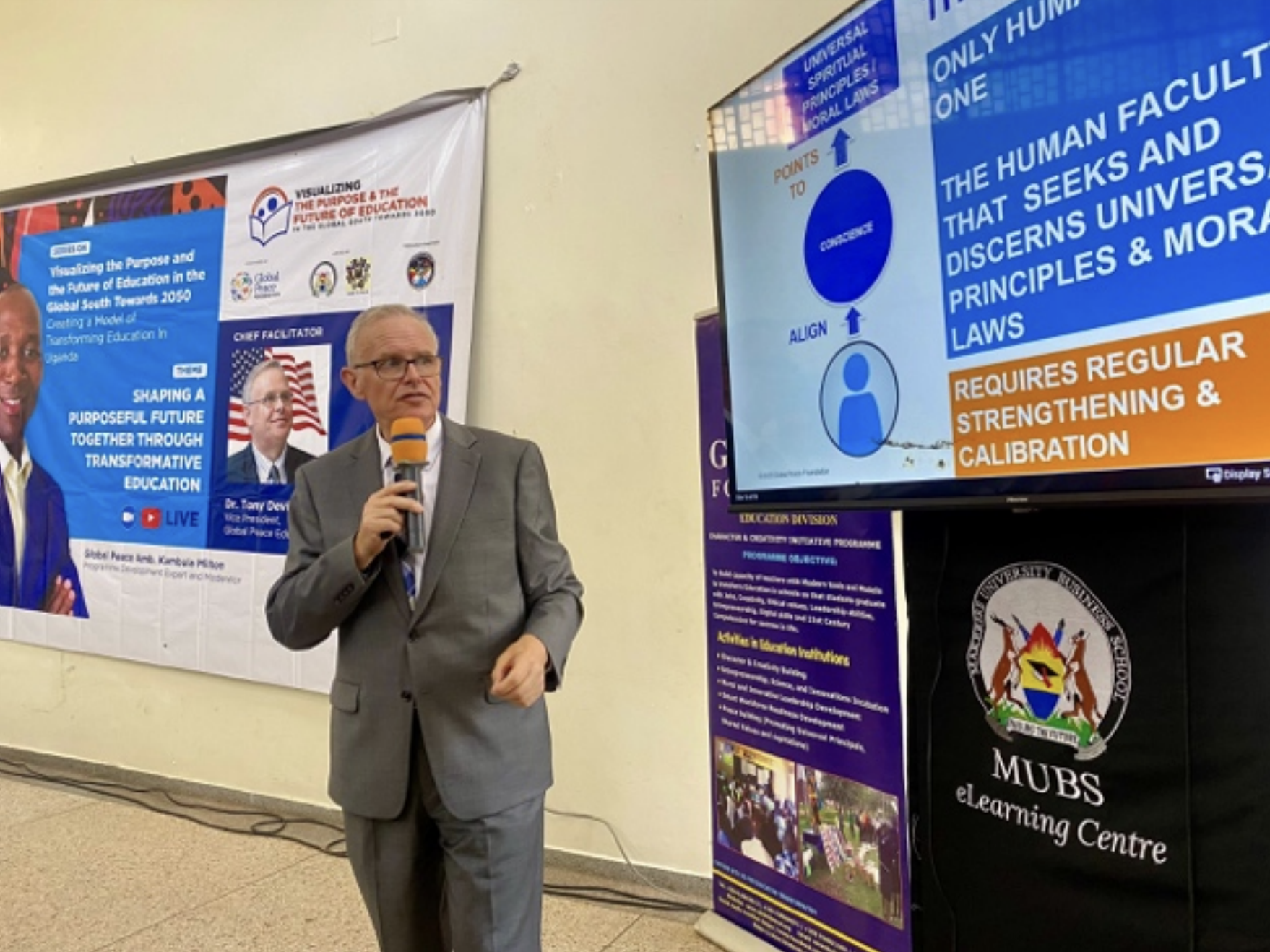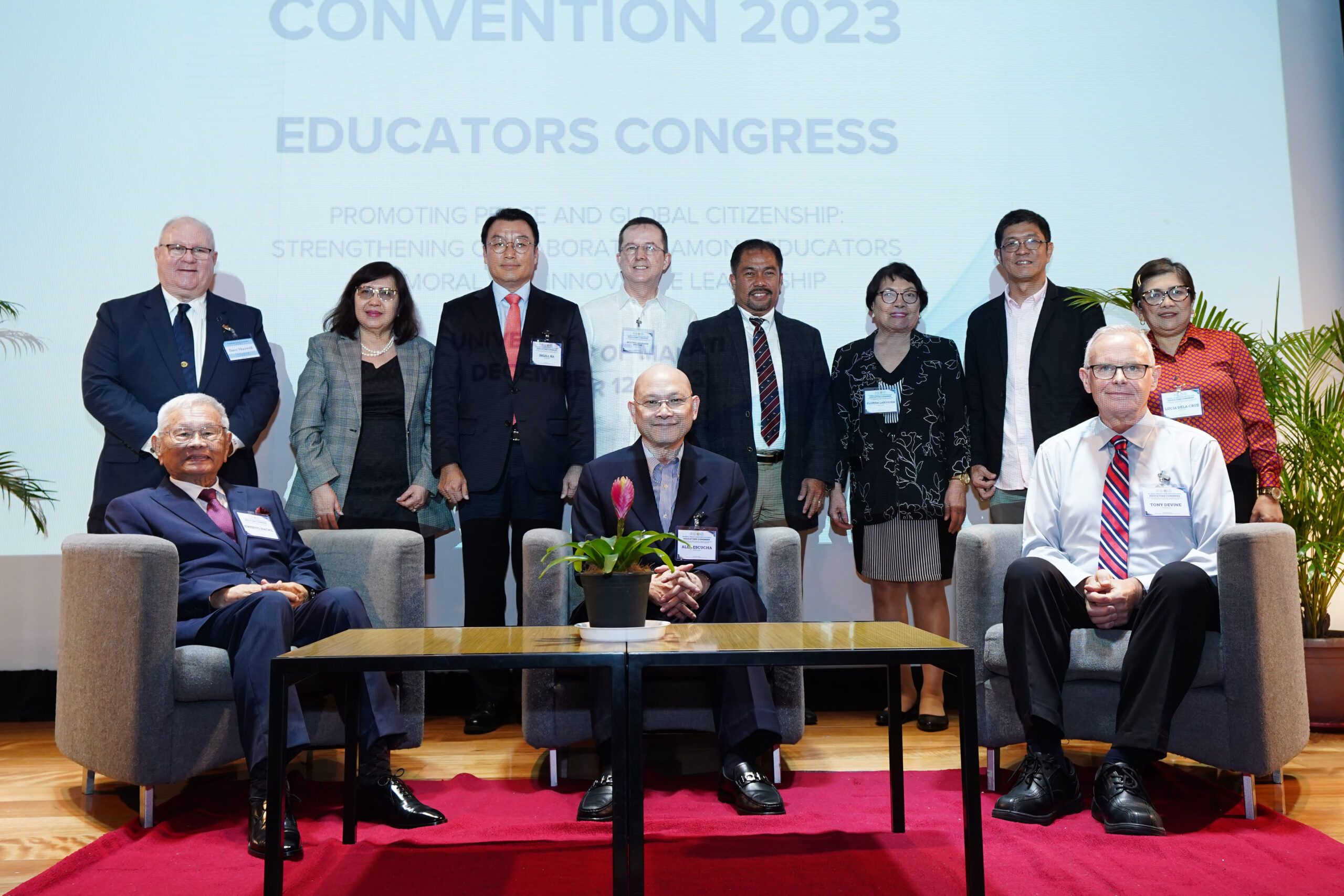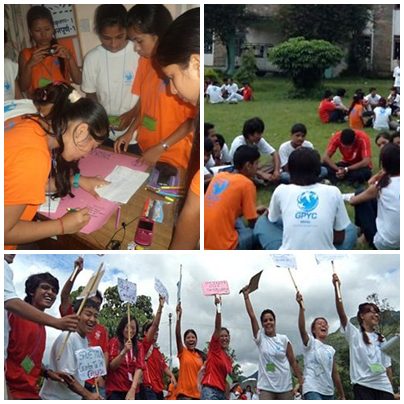 Peace education is spreading rapidly throughout the world, harnassing the ideals of young people into ways of life that promote human welfare. Volunteer work also provides rich experiences which can greatly enhance future leadership capacity. Peace and leadership education is gaining traction in Nepal as young people realize that personal integrity is as important for future success as academic achievement.
Peace education is spreading rapidly throughout the world, harnassing the ideals of young people into ways of life that promote human welfare. Volunteer work also provides rich experiences which can greatly enhance future leadership capacity. Peace and leadership education is gaining traction in Nepal as young people realize that personal integrity is as important for future success as academic achievement.
On August 17-19, 2011, the Global Peace Youth Corps- Nepal (GPYC- Nepal) and Global Peace Festival Foundation GPFF Nepal hosted the “Volunteerism, Leadership, and Peace Vision Educational Seminar,” which also addressed the issue of transparency and accountability in public life. One hundred and twenty youths from different 23 institutions gathered at the Urban Development Training Centre in Nadipur, Pokhara, Nepal for the three-day program.
GPYC-Nepal President Mr. Dhruba Prasad Lamichhane gave an overview of GPYC’s vision, mission, and current projects in Nepal. RJ Mr. Dipendra Shrestha, a prominent public figure in Pokhara Valley, then presented on the “Art of Public Speaking,” saying that motivation is important. “The person who never listens properly, they do not know how to speak accurately,” he said. He explained the “art” of public speaking by putting the principles in alphabetical order: “A for Attitude, B for BE communicative, C for confidence, E for economy of words, F for focus on a topic, and so forth.

Top left: Mr. Surendra Thapa Magar, Advocate and President of Manav Adhikar Samrachhan, a charistable trust, gave a presentation on human rights, justice and transparency.
Mrs. Lucky Chhetri, Managing Director of Empowering Women Nepal, defined empowerment as a process of self realization and self respect, of obtaining knowledge and awareness, discovering inner capacity and strength, expanding boundaries, overcoming self limitations and fear, speaking up and expressing one’s feelings. She encouraged each participant to discover oneself, listen to and trust the inner voice, take initiative, experiment, determine local needs and recognize and value available resources. Mrs. Chhetri also advised participants to encourage others by being a role model and helping others recognize their potential. Empowerment is “like a beam of light,” she said.
Mr. Surendra Thapa Magar, Advocate and President of Manav Adhikar Samrachhan, a charitable trust, gave a presentation on human rights, justice and transparency. He discussed various types of human rights, such as religious rights, education rights, and cultural rights, and raised the issue of government transparency by noting that a recent Transparency International report ranked Nepal 146th out of 178 nations on a scale of transparency and accountability.
On the next day participants joined a rally in Pokhara to promote freedom, transparency, and accountability in government and civil society. Students staged a peaceful march, raising placards and calling on public officials to uphold the trust of public office for the welfare of Nepal. The rally was reported by local media.
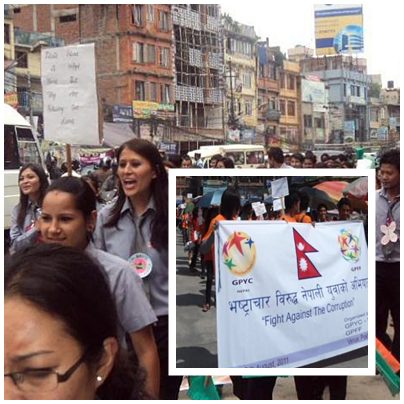
Students staged a peaceful march, and the rally was reported by local media.
On the final day, Mr. Kiran Chandra Sapkota, Administrative Officer of GPYC-Nepal, emphasized that vision is essential in every field. He stressed that a good leader lives for the sake of others and advised participants to be like a coffee bean which can change the color of water. “So we should change the nation in a positive way,” he said.
Chief guest Mr. Arjun Kumar Thapa, Local Development Officer of Kaski District, was joined by many college administrators and teachers. Mr Thapa encouraged the participants to apply the knowledge from the seminar, saying that if Nepal has good leadership, the country will rapidly develop. GPYC- Nepal President Mr. Dhruba Prasad Lamichhane said the seminar was organized to transform the youth through doing a creative, constructive, service and educational programs. He requested participants to affirm, “I will be changed at first, and then I will change the nation,” and stressed that “Nepalese are not weak in terms of development of the nation.”
At the conclusion of the seminar, twenty two institutions had designed projects on topics based on current social issues, which they are to complete within 15 days.
For more information contact Global Peace Youth Corps- Nepal
Bansbari, Kathmandu, Nepal
Tel. +977-1-4371160;
Email: [email protected]
www.gpycnepal.org

